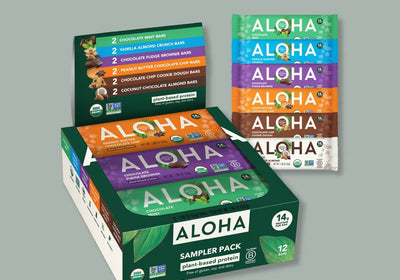
 collection header image
collection header image
 collection header image
collection header image
Protein Bars
-

-
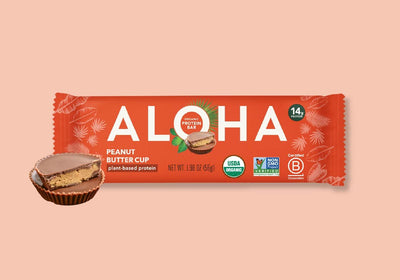
-
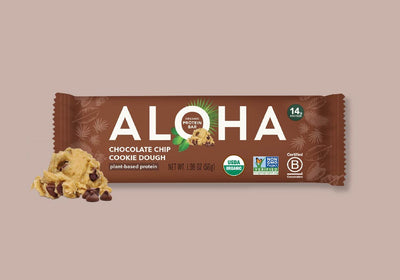
Chocolate Chip Cookie Dough
Protein Bars12-countIndulgent cookie dough, rich chocolate chips
Price: $34.99
-
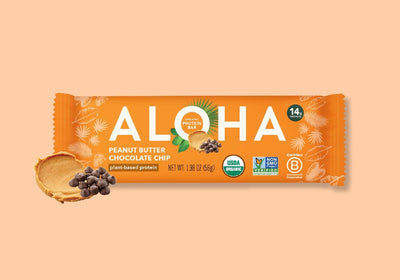
-
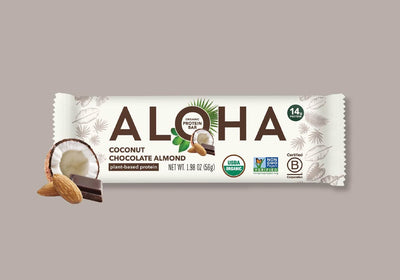
Coconut Chocolate Almond
Protein Bars12-countFlaky coconut, almond pieces, chocolate chunks
Price: $34.99
-
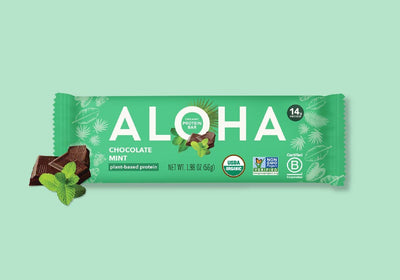
-
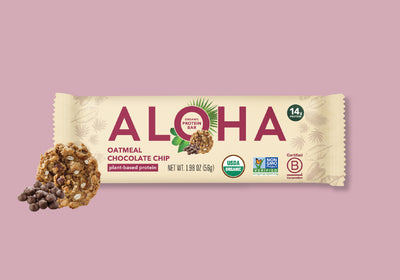
-
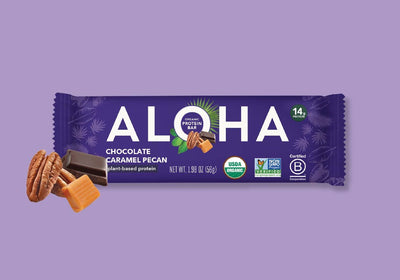
Chocolate Caramel Pecan
Protein Bars12-countPecans and dark chocolate in a caramel swirl
Price: $34.99
-
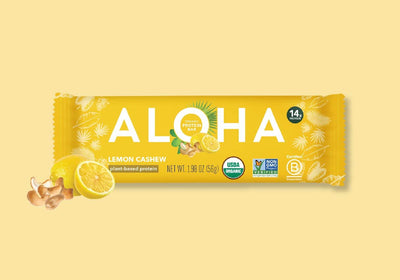
-
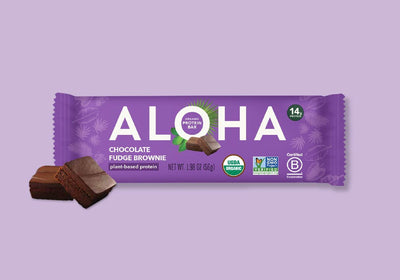
Chocolate Fudge Brownie
Protein Bars12-countSmooth, indulgent chocolate is irresistible
Price: $34.99
-
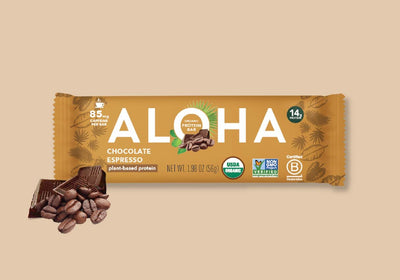
-
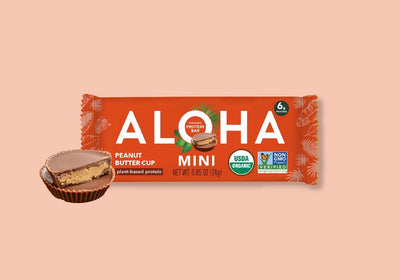
-
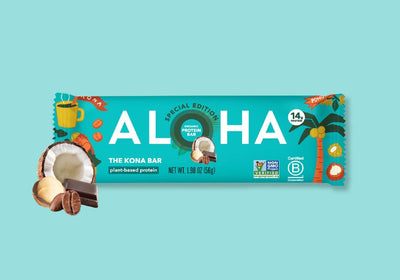 Special Edition
Special Edition -
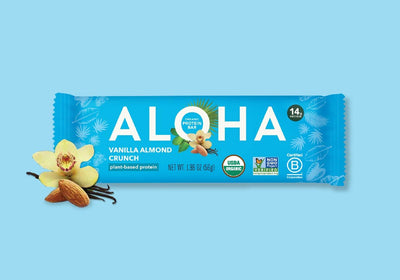
Vanilla Almond Crunch
Protein Bars12-countHint of vanilla and packed with almond pieces
Price: $34.99
-
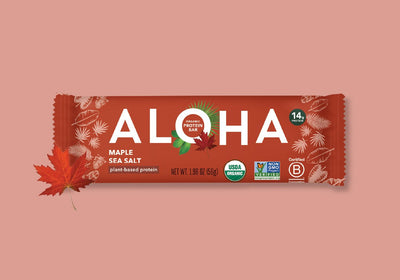
-
 Limited Edition
Limited Edition -
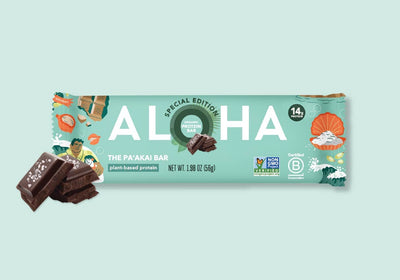 Special Edition
Special Edition -
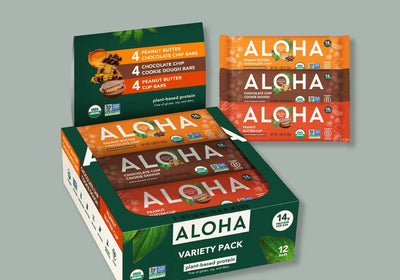
Peanut Butter & Cookie Dough
Variety Pack12-countThree best-selling classics, one delicious variety pack
Price: $38.99
-
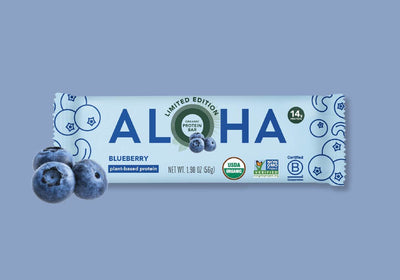 Limited Edition
Limited Edition -
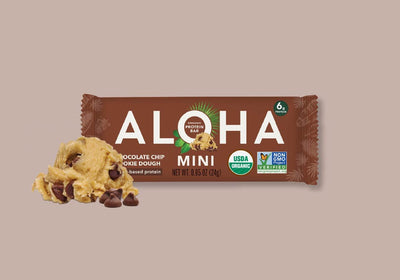
-
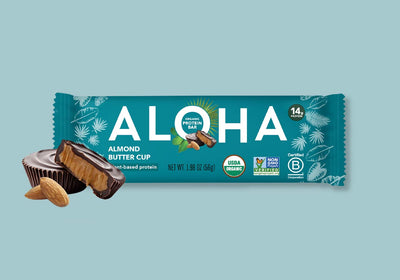
Almond Butter Cup
Protein Bars12-countDark chocolate complements the warmth of almonds
Price: $34.99
-
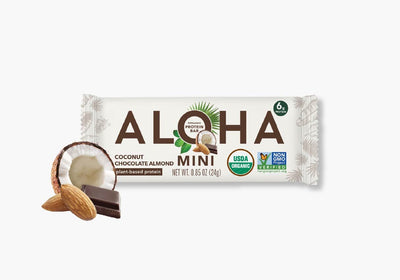
Coconut Chocolate Almond
Mini Bars20-countFlaky coconut, crunchy almonds, chocolate chunks
Price: $35.99
-
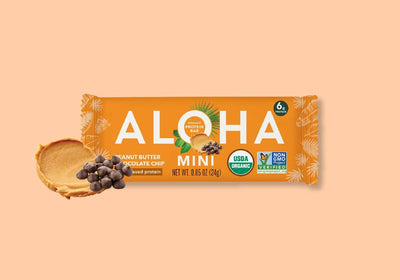
Peanut Butter Chocolate Chip
Mini Bars20-countChocolate chips + peanut pieces = happy tastebuds
Price: $35.99
-
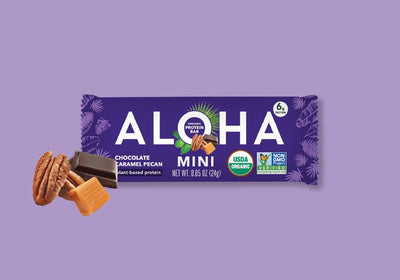
Chocolate Caramel Pecan
Mini Bars20-countPecans and dark chocolate in a caramel swirl
Price: $35.99
-
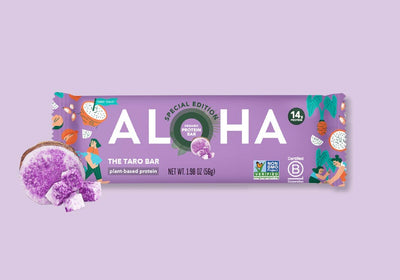 Special Edition
Special Edition -
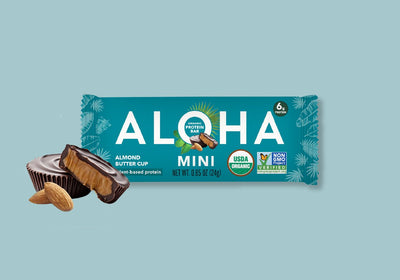
Almond Butter Cup
Mini Bars20-countDecadent dark chocolate perfectly complements the warm sweetness of almonds
Price: $35.99
-
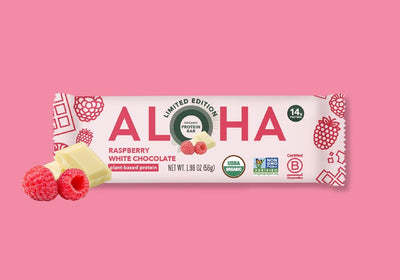 Limited Edition
Limited EditionRaspberry White Chocolate
Protein Bars (Out of Stock)12-countDreamy raspberry coated in rich white chocolate
Price: $34.99
Sold Out
-
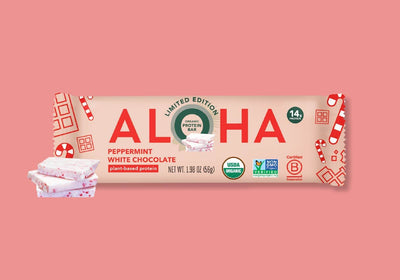 Limited Edition
Limited EditionPeppermint White Chocolate
Protein Bars (Out of stock)12-countCoated in white chocolate, topped with peppermint bits
Price: $34.99
Sold Out
What To Look For In A Low Calorie High Protein Bar




























